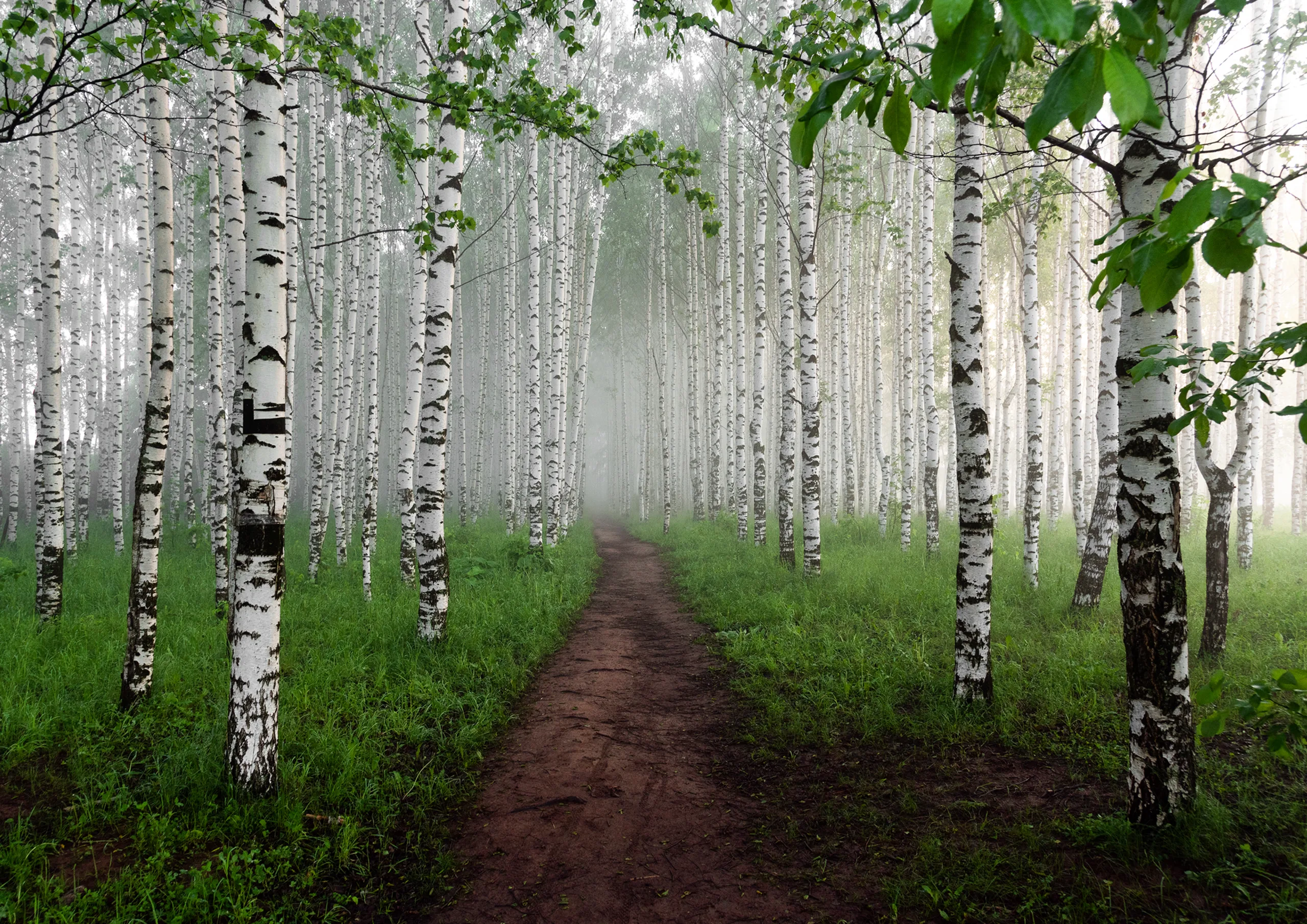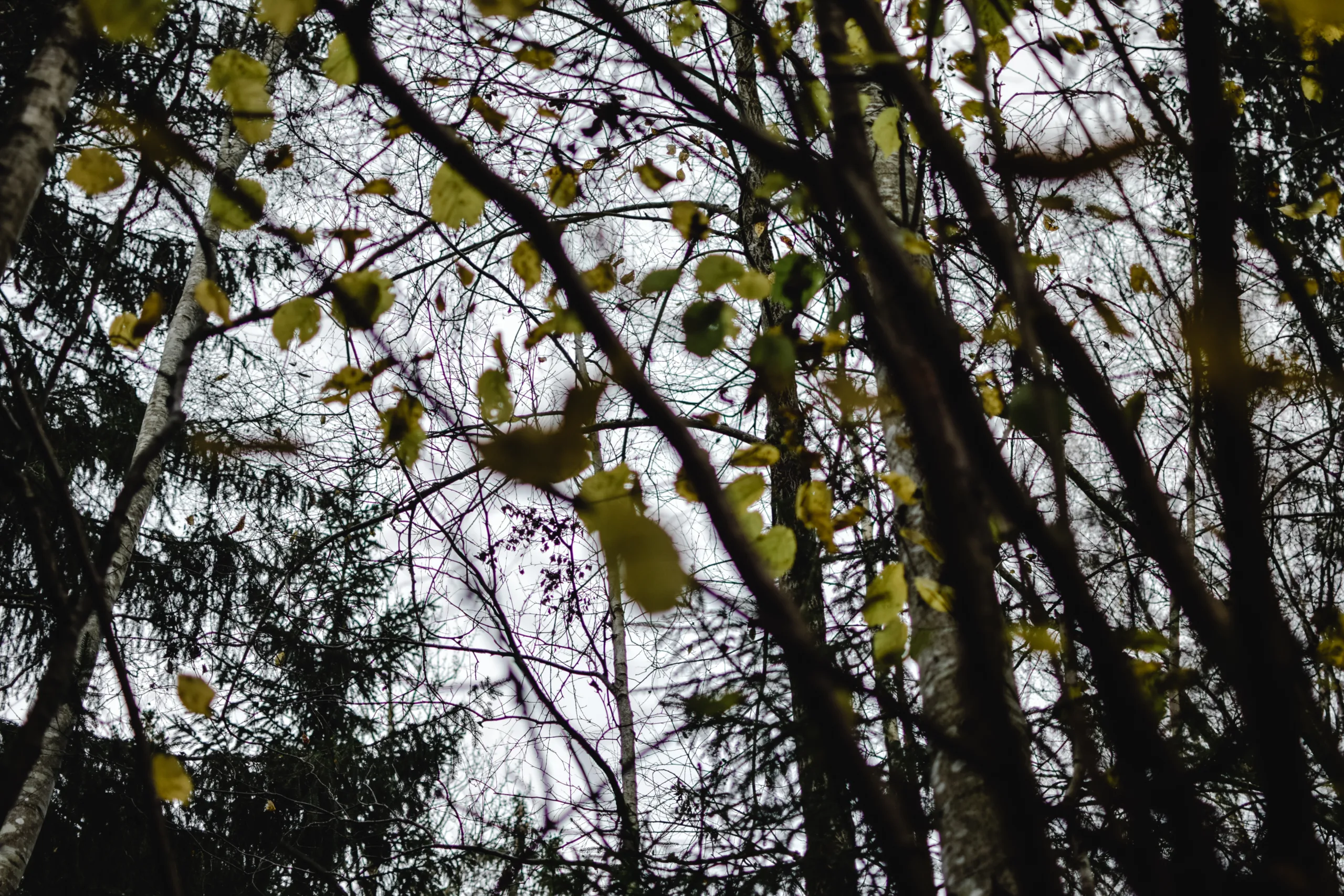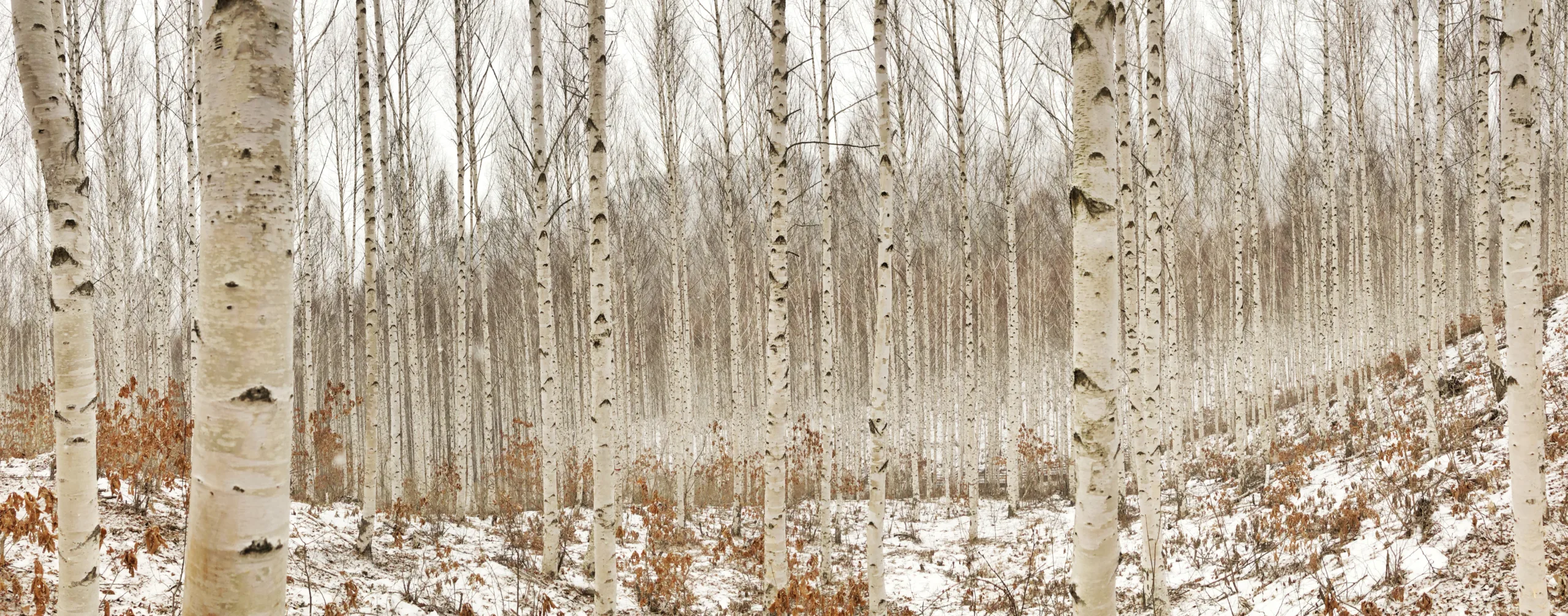Do you have a birch tree in your yard that you need to take care of? Are you wondering if it needs fertilizer?
Keeping your birch tree healthy is essential for its growth and survival. Fertilizer can help support the health of the tree, but not all trees require it. In this article, we’ll discuss whether birch trees need fertilizer and how to identify if your birch tree could use a little extra help. We’ll also cover the types of fertilizers that work best for birch trees, as well as how often to apply them.
Read on to learn more about caring for your birch tree and making sure it stays healthy for years to come!
Fertilizing birch trees provides several benefits, including improved root growth, increased resistance to pests and diseases, improved leaf and branch development, and enhanced overall health. Fertilization also helps birch trees to better absorb essential nutrients from the soil and create a stronger structure.
What Nutrients Do Birch Trees Need?
Birch trees need a variety of nutrients to remain healthy and thrive. These include nitrogen, phosphorus, potassium, calcium, magnesium, sulfur, and trace elements such as iron, zinc, manganese, copper and boron. All of these nutrients are found in soil and help the birch tree to photosynthesize sunlight into energy. Without these essential nutrients the tree would not be able to grow and develop properly.
Nitrogen is an essential nutrient for birch trees because it helps with leaf growth and development. It is important to ensure that your soil has enough nitrogen for your birch tree. Phosphorus is vital for root growth and flowering of the tree while potassium helps with fruit production and seed dispersal. Calcium helps keep the structure of the tree strong while magnesium enables photosynthesis. Sulfur is also important for overall plant health as well as helping to prevent diseases from attacking the tree.
Trace elements such as iron, zinc, manganese, copper and boron are also important for a healthy birch tree. Iron helps with photosynthesis while zinc helps with root development. Manganese helps with forming chlorophyll in leaves while copper helps with cell wall strength. Boron also plays a role in cell wall strength as well as aiding in flowering process of the tree.
It is important to monitor your soil regularly to ensure that it contains all of these essential nutrients in adequate amounts to support a healthy birch tree. If you find that your soil is lacking in any of these nutrients you can use fertilizer or composting material to supplement what is needed for optimum growth and development of your birch trees.
The Best Time to Fertilize Birch Trees
Birch trees are attractive, hardy and easy to maintain, but they do need some care in order to stay healthy. One of the most important things you can do for your birch tree is to fertilize it regularly. Knowing when and how often to fertilize your birch tree is essential for ensuring it thrives.
Generally, the best time to fertilize a birch tree is in late spring or early summer. This is because this is the time when the tree’s energy reserves have been depleted and it needs a boost. Fertilizing at this time will help the tree build up its reserves and prepare it for winter.
When fertilizing your birch tree, you should use a fertilizer specifically designed for trees. It should be high in nitrogen and contain other essential nutrients such as potassium and phosphorus. You can buy specialty tree fertilizers at most garden supply stores or online. Follow the instructions on the package for how much and how often to apply the fertilizer.
In addition to fertilizing your birch tree in late spring or early summer, you should also water it regularly throughout the year. Watering helps keep the soil moist and helps ensure that the nutrients from the fertilizer are properly absorbed by the tree’s roots. If you live in an area with hot summers, you may need to water your birch more frequently during these months in order to keep it healthy.
Fertilizing your birch trees regularly is essential for keeping them healthy and strong. Knowing when and how often to fertilize them will ensure that they thrive for years to come.
The Ideal Fertilizer for Birch Trees
Birch trees are unique in that they require special care when it comes to fertilizing. In order to get the best results from your birch trees, you should use a fertilizer that is specifically designed for them. The ideal fertilizer for birch trees should be high in nitrogen and low in phosphorous and potassium. This will help encourage strong growth and keep your trees healthy.
When looking for the right fertilizer, you should also make sure that it is slow-release. Slow-release fertilizers are great because they provide a steady supply of nutrients to your trees over a longer period of time, instead of a single large dose of nutrients all at once. This helps ensure that the nutrients are being absorbed properly and not wasted.
In addition to using the right kind of fertilizer, you should also consider when you are applying it. It’s best to fertilize your birch trees twice per year, once in the spring and once in the fall. This will help ensure that your trees have enough nutrients throughout the year and can stay healthy and strong.
Finally, be sure to read the label on any fertilizer you purchase so that you know exactly what it contains and how much should be applied at each application. By following these simple tips, you can give your birch trees the best care possible and keep them looking beautiful for years to come.
How Often Should You Fertilize Birch Trees?
Fertilizing birch trees is an important part of ensuring their health and growth. However, it’s important to fertilize them at the right time and in the right amounts. Generally speaking, birches should be fertilized once a year, usually in early spring before new growth appears. For best results, use a slow-release fertilizer that is specifically designed for trees. If the tree has been recently planted, wait until the following spring to fertilize it.
When applying fertilizer to birches, it’s important to spread it evenly around the base of the tree and out as far as the drip line (the outermost edge of the canopy). Make sure all areas are covered, including any exposed roots. Use a rake or hand cultivator to lightly work the fertilizer into the soil surface to ensure proper absorption. Avoid using too much fertilizer as this can lead to excessive leaf growth rather than root development, which can make trees more susceptible to disease and pest problems.
It’s also important to water your birch trees after fertilizing them. This helps activate microbial activity in the soil that assists with nutrient uptake by the tree’s roots. Water thoroughly and deeply at least once a week for several weeks after application, especially if there has been little or no rainfall during that time period.
Fertilizing birch trees regularly is an easy way to promote healthy growth and keep them looking their best for years to come. Just remember that too much fertilizer can do more harm than good, so always use caution when applying it and follow directions on product labels accordingly.

Symptoms of an Unfertilized Birch Tree
Birch tree fertilization is an essential part of ensuring the health and growth of these trees. The symptoms of an unfertilized birch tree can include yellowing or curling leaves, sparse foliage, and stunted growth. If a birch tree is not properly fertilized, it will not be able to absorb the necessary nutrients from the soil, leading to the above symptoms.
The yellowing or curling of leaves is one of the most common signs that a birch tree is not receiving enough nutrients. Leaves may turn yellow and then curl as they dry out and die due to lack of nutrients. This process typically begins with the lower leaves but can eventually affect all of the leaves on the tree.
Sparse foliage is another symptom that can indicate an unfertilized birch tree. With insufficient nutrients, fewer leaves will be produced and those that are produced may be smaller in size than usual. This can lead to a sparse canopy and decrease in overall foliage density on the tree.
Stunted growth is yet another symptom that can indicate an unfertilized birch tree. Without enough nutrients, a birch tree will not grow as quickly or reach its full potential size as it should with proper fertilization. Stunted growth can also lead to other issues such as weakened bark or branches, which can make a birch tree more vulnerable to damage from pests or wind storms.
Types of Fertilizer for Birch Trees
Birch trees are resilient and can adapt to a variety of soil conditions, but they will benefit from occasional fertilization. The most important thing to consider when selecting a fertilizer is the type of birch tree you have. Different varieties will have different nutrient needs. For example, paper birches prefer a fertilizer high in phosphorus, while river birches prefer a nitrogen-rich mixture.
When selecting a fertilizer for your birch trees, look for one that contains specific amounts of nitrogen (N), phosphorus (P), and potassium (K). A balanced mix with all three will provide the best results. You can also choose a “slow-release” fertilizer that releases nutrients over time rather than all at once. Slow-release fertilizers are often more effective and will not burn or damage the tree if applied in excess.
Organic fertilizers are another great choice for birch trees. Manure, compost, and fish emulsion are excellent sources of slow-release nutrients that won’t burn the tree and help improve soil structure as well. These organic fertilizers should be applied in early spring when the leaves begin to emerge and again in late summer before leaf drop.
Finally, liquid fertilizers can be used to supplement organic fertilizers or used as an alternative if you don’t have access to organic materials. Liquid fertilizers should be applied every two weeks during the growing season and less often during dormancy in winter months. Make sure to read labels carefully and follow instructions when applying liquid fertilizer; too much can burn or kill roots and stunt growth of your birch trees.
How Much Fertilizer to Use on a Birch Tree?
Birch trees are a popular addition to any landscape and require minimal maintenance. Fertilizing your birch tree is one way to ensure its health and vigor, but it’s important to know how much fertilizer to use. Too much fertilizer can damage the roots of the tree, while too little won’t provide adequate nutrients. The amount of fertilizer you should use depends on the size and type of birch tree you have.
For young birch trees up to five years old, use 1/4 cup of 10-10-10 fertilizer spread evenly around the base of the tree in late winter or early spring each year. For mature birch trees, use 1/2 cup of 10-10-10 fertilizer spread evenly around the base of the tree in late winter or early spring each year. In both cases, it’s important to water the fertilizer into the ground after application.
You may also want to consider using an organic fertilizing option, such as compost or manure. If you choose an organic option, spread 4 inches of compost or manure around the base of the tree and water it in well after application. Organic fertilizers will break down over time, providing nutrients over a longer period than chemical fertilizers.
It’s important not to over-fertilize your birch tree as this can damage its roots and cause other issues with growth and health. If you’re unsure how much fertilizer your birch tree needs, contact a local arborist for help assessing your specific situation and determining how much fertilizer is right for your particular type of birch tree.

Conclusion
Birch trees are hardy and generally need little maintenance. They are tolerant of many soil types and do not require fertilizer to stay healthy. As long as they receive the right amount of light and water, they should thrive without the need for extra nutrients. With proper care and attention, birch trees can give your landscaping a unique look that will last for years.
However, if you feel your birch tree is not performing as well as it should, you can add fertilizer to help it along. Use a balanced fertilizer such as 10-10-10 or 15-15-15 that is designed for trees. If you choose to fertilize your birch tree, be sure not to overdo it – too much fertilizer can damage or even kill the tree. With careful attention and the right amount of fertilizer, you can ensure your birch tree will remain healthy and strong for many years to come.

My interest in trees started when I first saw the giant sequoias in Yosemite.
I was a teenager then, and I remember thinking, “I need to learn more about this.”
That moment stuck with me.
A few years later, I went on to study forestry at Michigan Tech.
Since graduating, I’ve worked in a mix of hands-on tree care and community education.
I’ve spent over ten years helping people understand how to plant, maintain, and protect the trees in their neighborhoods.
I don’t see trees as just part of the landscape.
They are living things that make a real difference in our daily lives.
